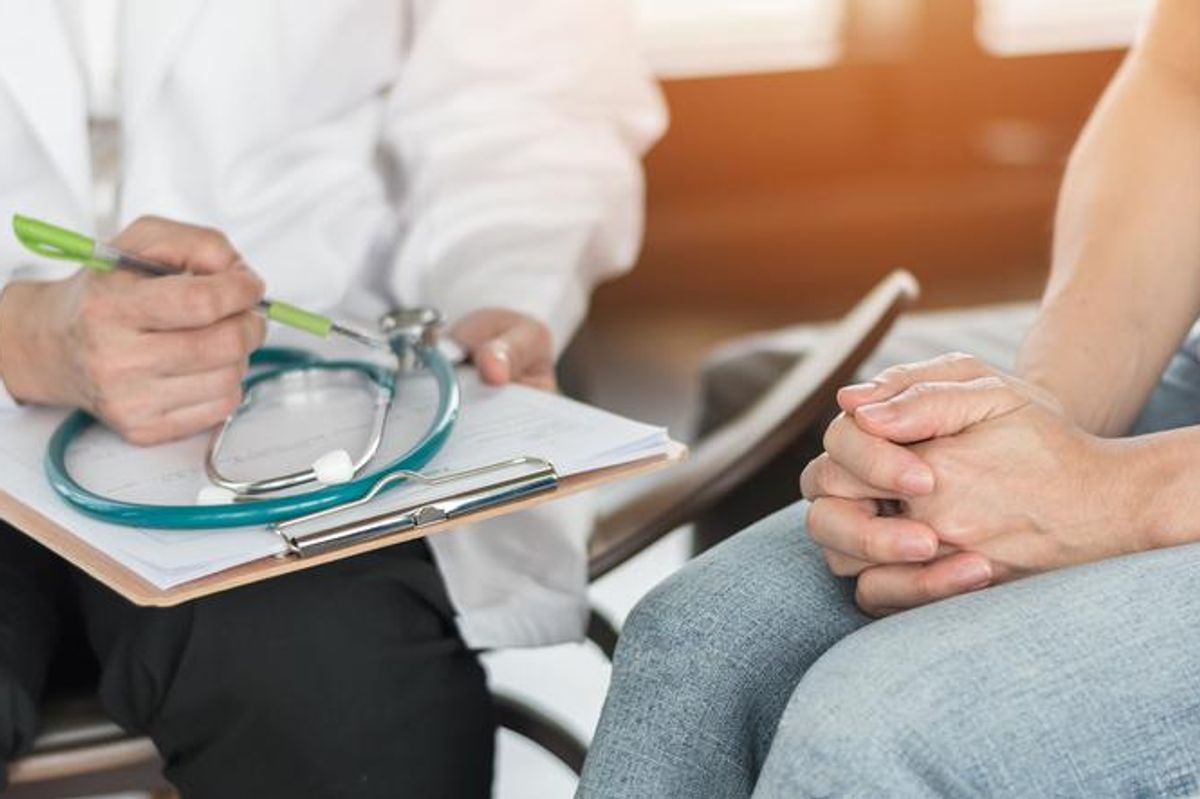Q:
I was diagnosed with endometriosis and would now like to get pregnant. What are my chances?
A:
That depends on many things, particularly the severity of your endometriosis. As you undoubtedly know, endometriosis is a condition in which endometrial tissue, which typically lines the uterus, grows outside the uterus. No one really knows what causes it, but it can be a very painful, debilitating condition, significantly affecting quality of life. It affects between five and 15 percent of premenopausal women, and up to 40 percent of infertile women.
However, whether the endometriosis causes the infertility is unclear. So there is a chance you could become pregnant on your own with no intervention. If you have trouble getting pregnant (generally, if you're young and otherwise healthy, there may be cause for concern if you have been having unprotected sexual intercourse at mid-cycle for a year or more without conceiving), there are surgical procedures that may help.
These include laparoscopy, or "belly-button surgery," in which the surgeon uses a tiny lighted telescope inserted through one or more small incisions in the abdomen to destroy endometrial tissue with heat, laser or by cutting it out. A similar procedure called a laparotomy is used for more extensive endometriosis, requiring a full abdominal incision and longer recovery period.
Studies find that destroying endometrial tissue can improve your chances of pregnancy in cases of mild endometriosis. Additionally, certain assisted reproductive techniques, such as intrauterine insemination (IUI) (in which sperm is placed in the cervix or uterus after you've taken medication to produce more than one egg) or in-vitro fertilization (IVF), can also increase the likelihood of pregnancy depending on the extent of your endometriosis.
The good news is that once you become pregnant, not only will your endometriosis improve during the pregnancy, but in some cases, the improvement may continue even after delivery.
I strongly recommend you talk to a reproductive endocrinologist about your situation. These health care professionals are ob-gyns who have received extra training in complex reproductive issues like yours.







